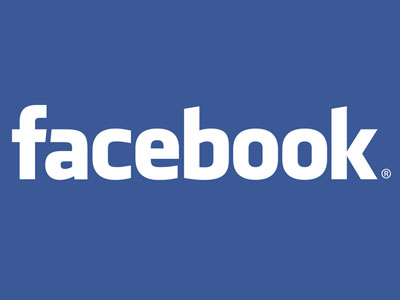At some point during the past two weeks, Facebook’s (NASDAQ: FB) expert bankers raised the price range of its initial public offering from between $28 and $35 to between $34 and $38. They had all the normal support to make the increase: demand for shares and probably the expression of support from institutional investors after the Facebook roadshow. But pricing an IPO is as much an art as a science. The proof of that is how many IPOs have soared by well into the double digits in the past year.
Facebook’s management may have insisted that a $38 valuation was important because they wanted to raise as much money as possible, even if that risked only a small increase in its shares. Many managements of companies that have IPOs are criticized for “leaving money on the table” when the value of their shares rise quickly. If shares were priced on the early market appetite that drove prices up sharply, these managements could have put more money onto their balance sheets.
Nothing in Facebook’s financial fundamentals changed in the past two weeks. If anything, its valuation should have been undermined some by news that General Motors (NYSE: GM) dropped its advertising from the social network because it was ineffective. Investors continued to worry about revelations that Facebook had made little progress in its attempt to get revenue from the extremely important wireless market. What kind of management would fail to do well in what is arguably the most important online platform? And shouldn’t the trouble have caused the market to back down from extraordinary EPS and sales multiples set for the stock?
Until only recently, Facebook was worth as little as $28 by the calculations of its bankers. That is 26% below the IPO price and where the stock traded on its first day. And underwriter Morgan Stanley (NYSE: MS) supported the shares above the $38 level the first day of trading. At some point, that support will end.
Stocks are only worth what the market will pay for them. That is almost too obvious to mention. Facebook shares were worth as little as $28 earlier this month. Someone blundered in setting the price later. That blunder means the share price was set too high.
Douglas A. McIntyre
Travel Cards Are Getting Too Good To Ignore (sponsored)
Credit card companies are pulling out all the stops, with the issuers are offering insane travel rewards and perks.
We’re talking huge sign-up bonuses, points on every purchase, and benefits like lounge access, travel credits, and free hotel nights. For travelers, these rewards can add up to thousands of dollars in flights, upgrades, and luxury experiences every year.
It’s like getting paid to travel — and it’s available to qualified borrowers who know where to look.
We’ve rounded up some of the best travel credit cards on the market. Click here to see the list. Don’t miss these offers — they won’t be this good forever.
Thank you for reading! Have some feedback for us?
Contact the 24/7 Wall St. editorial team.





